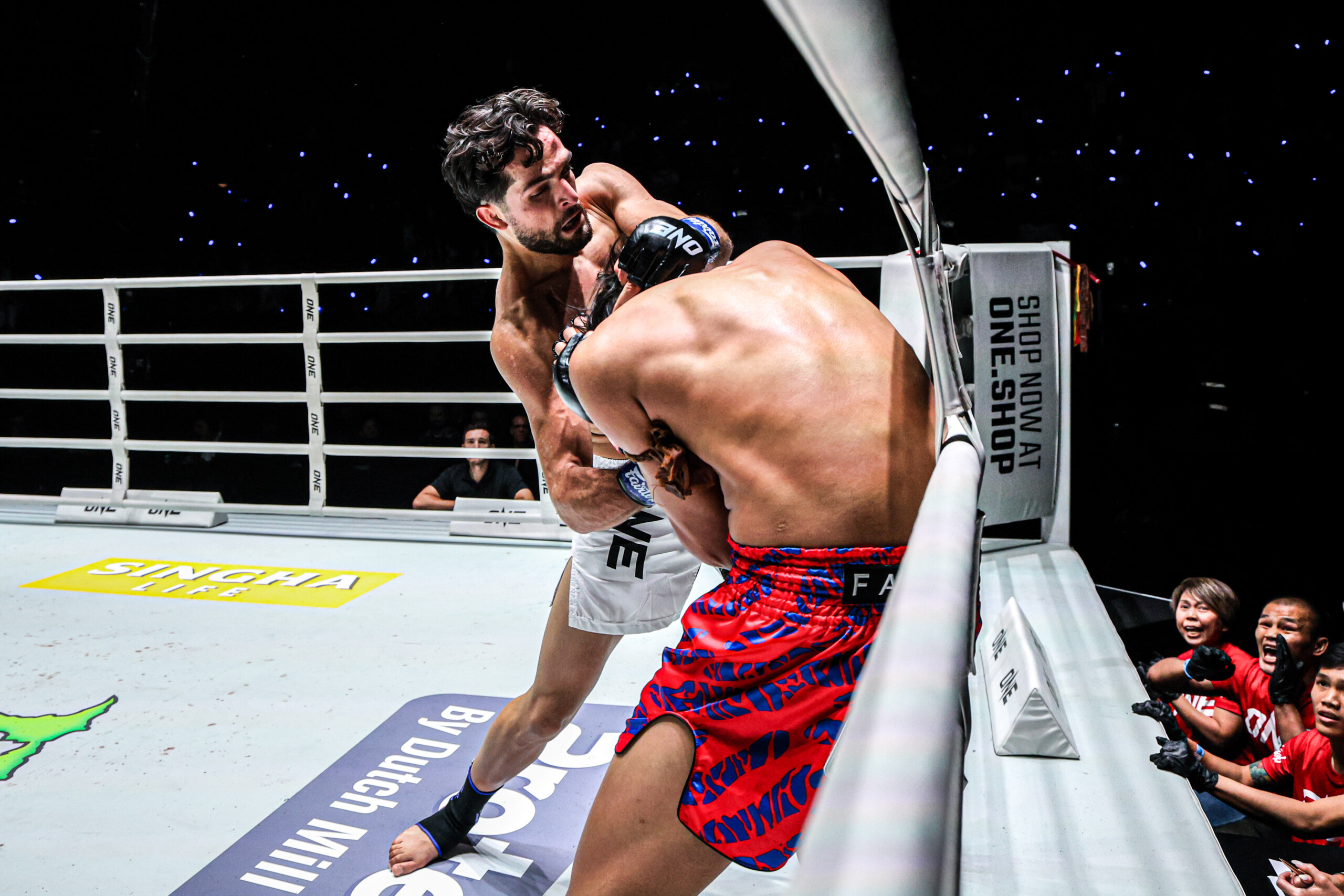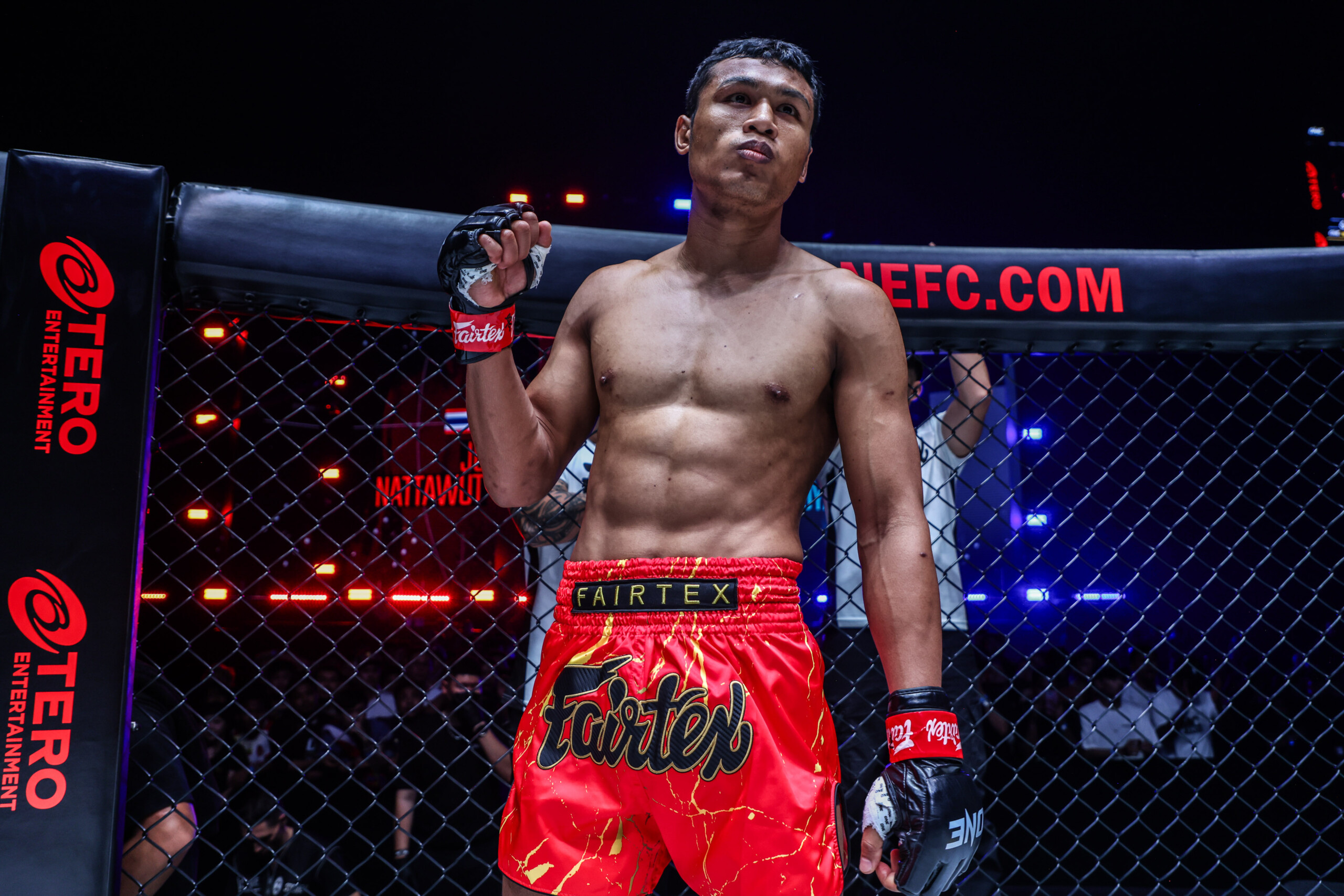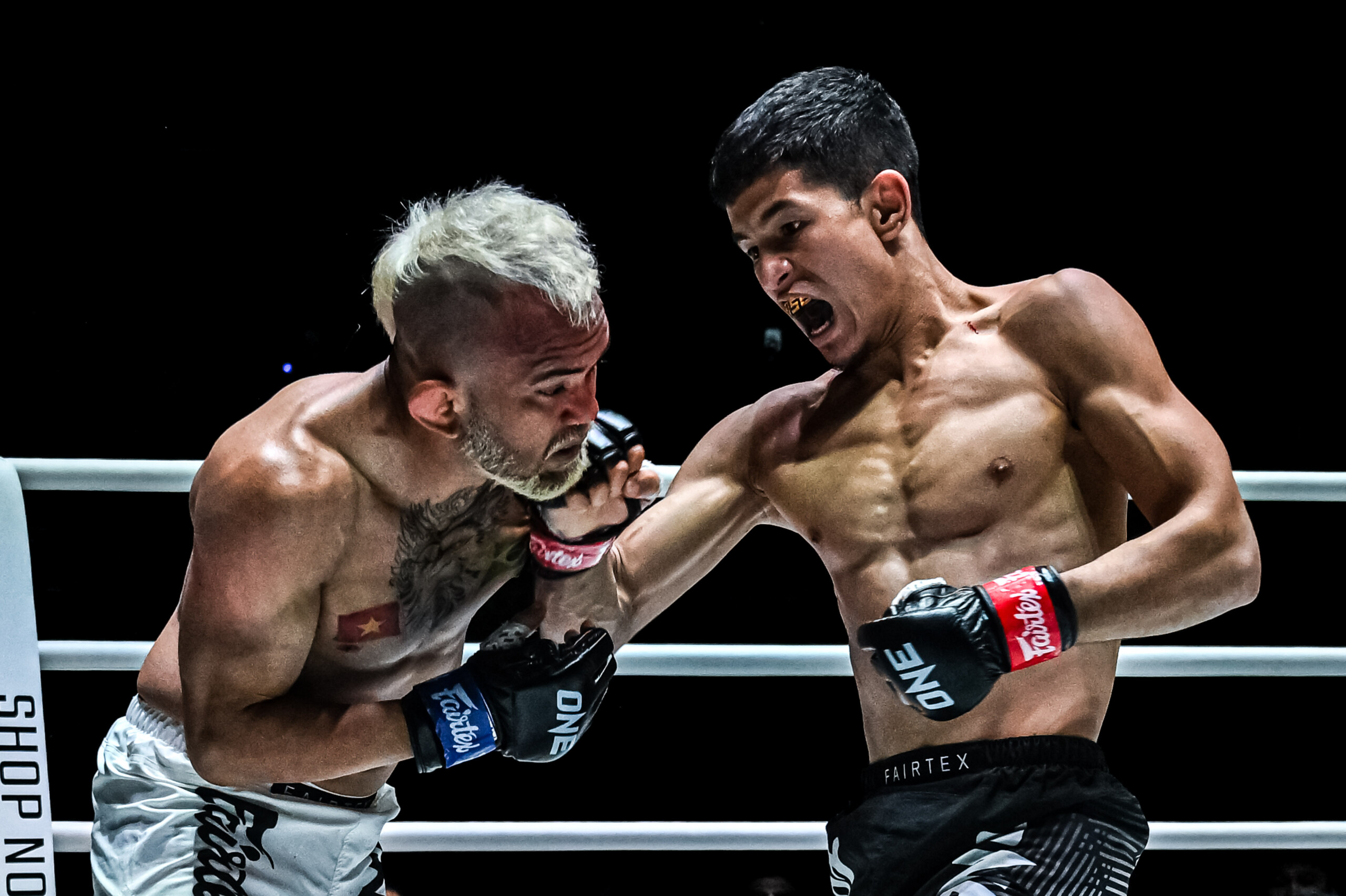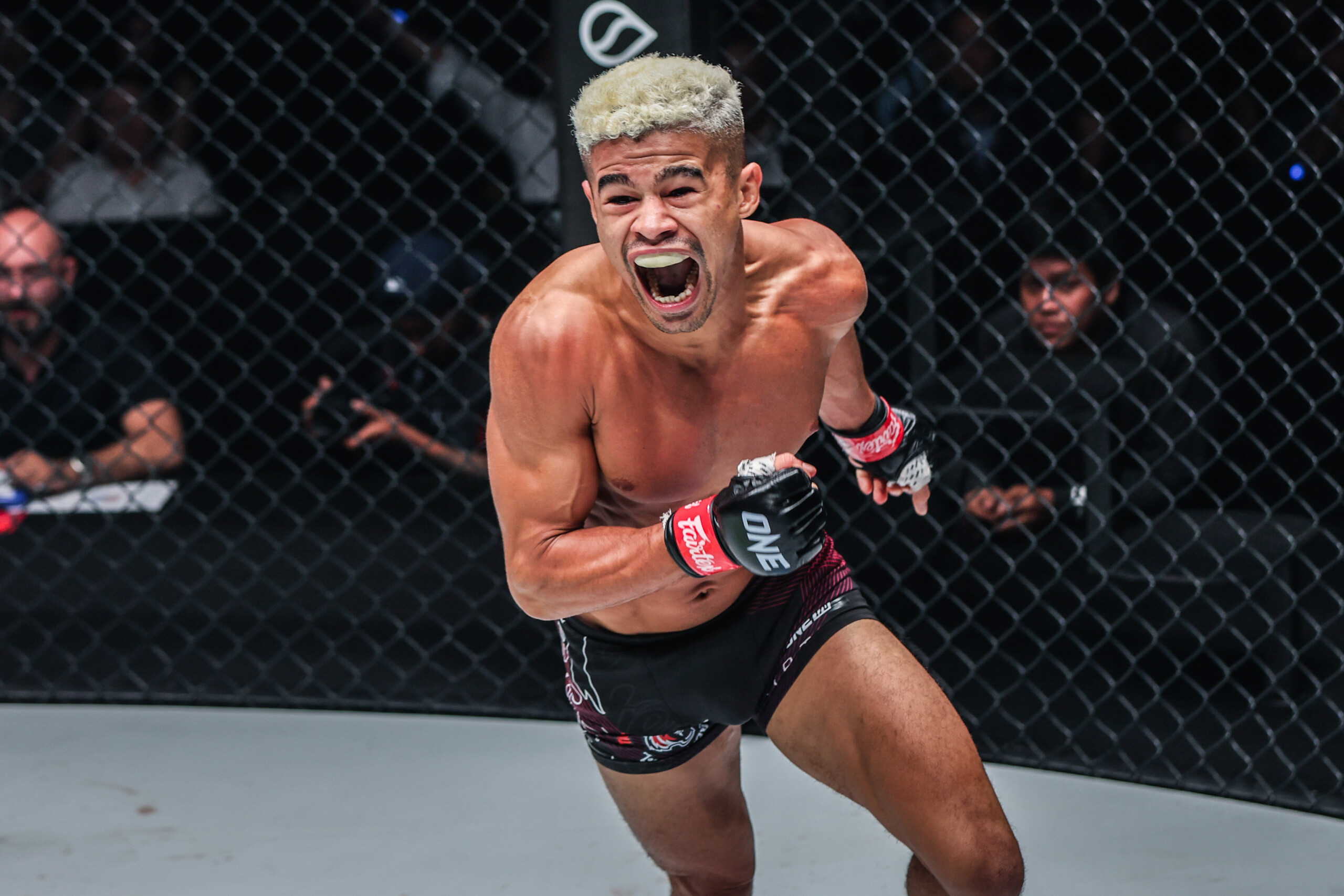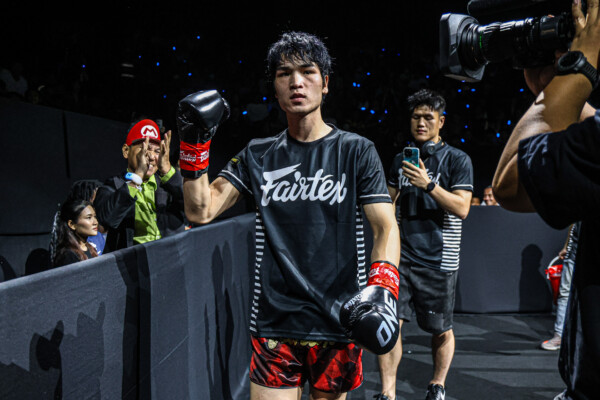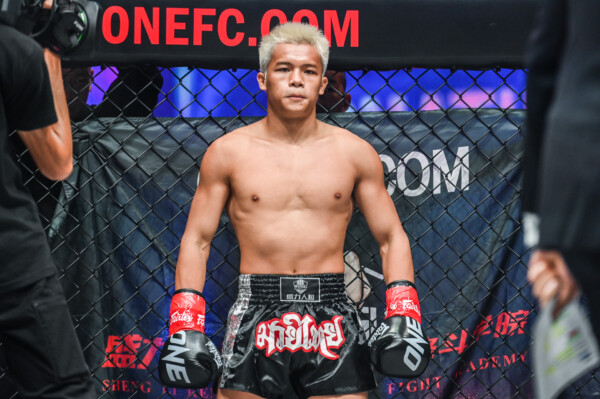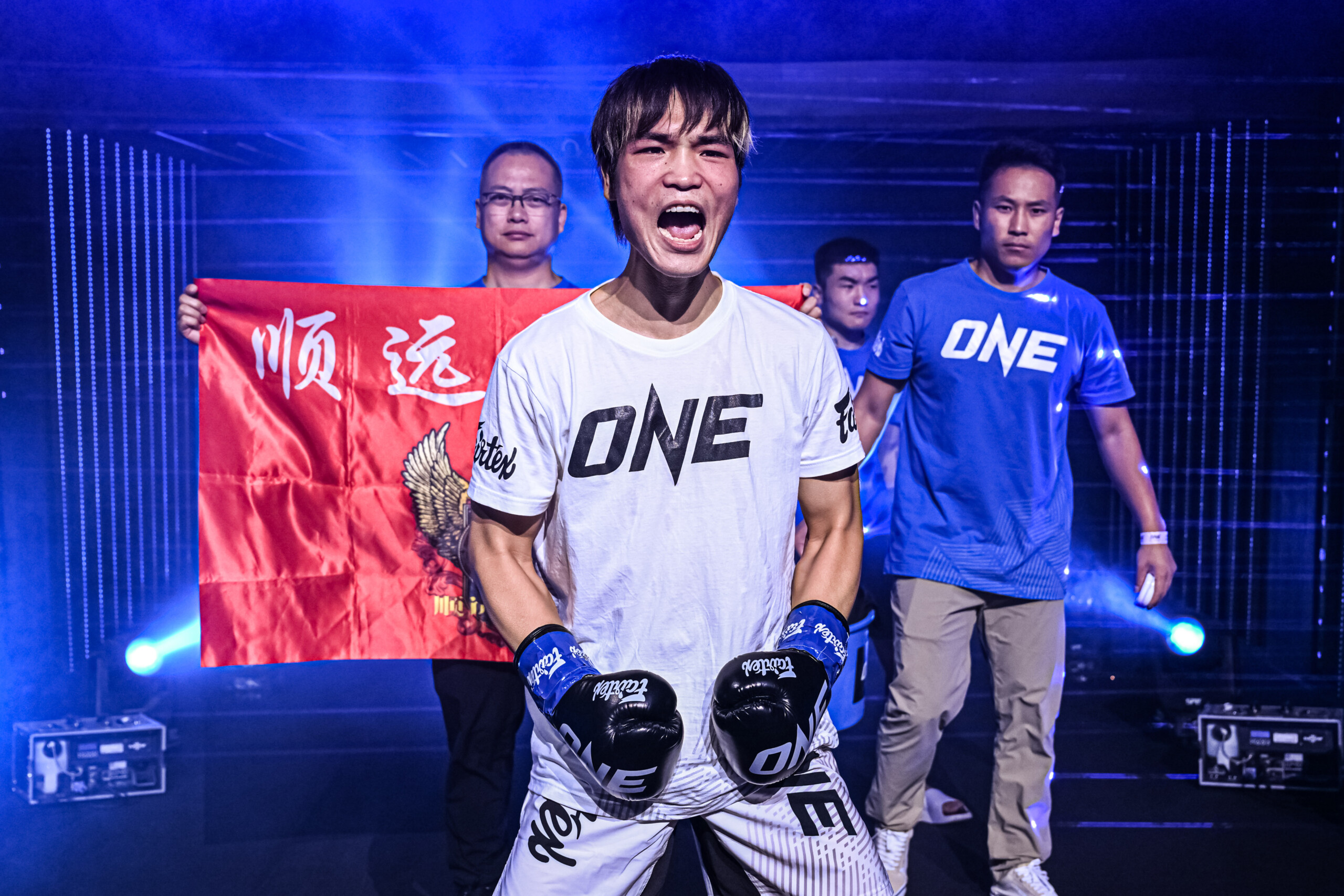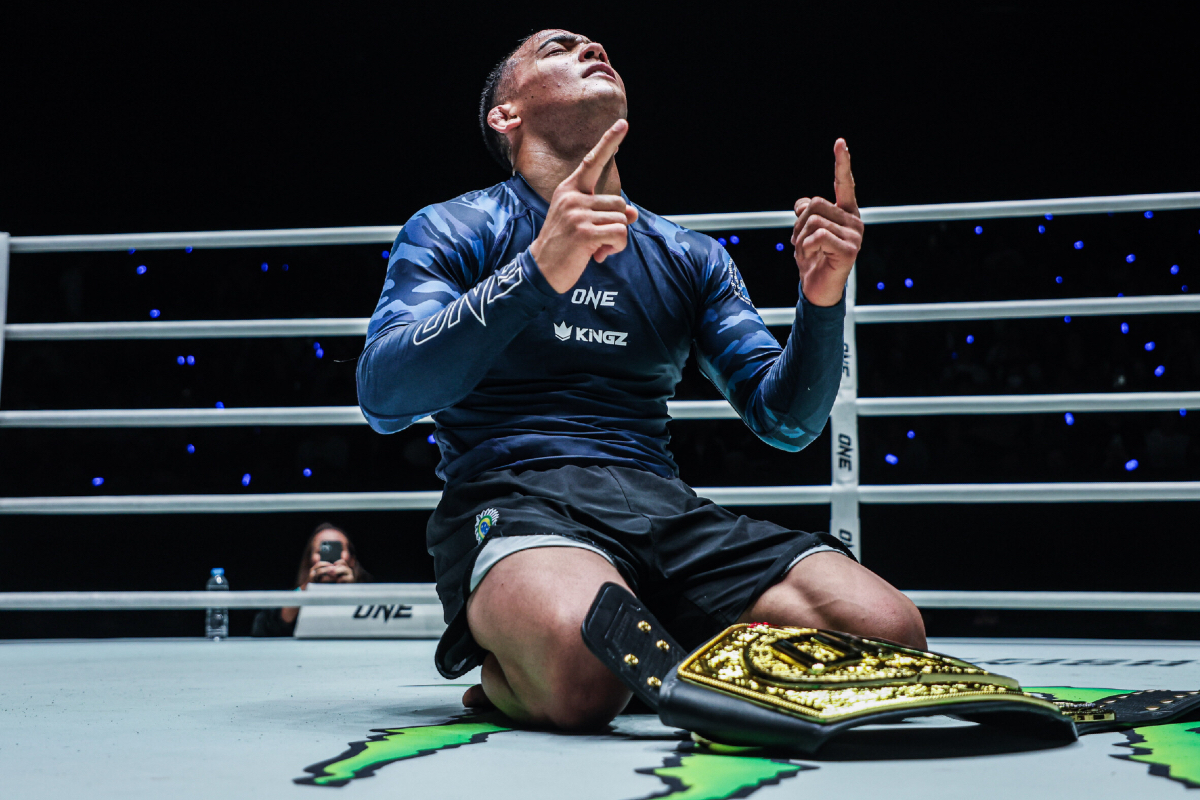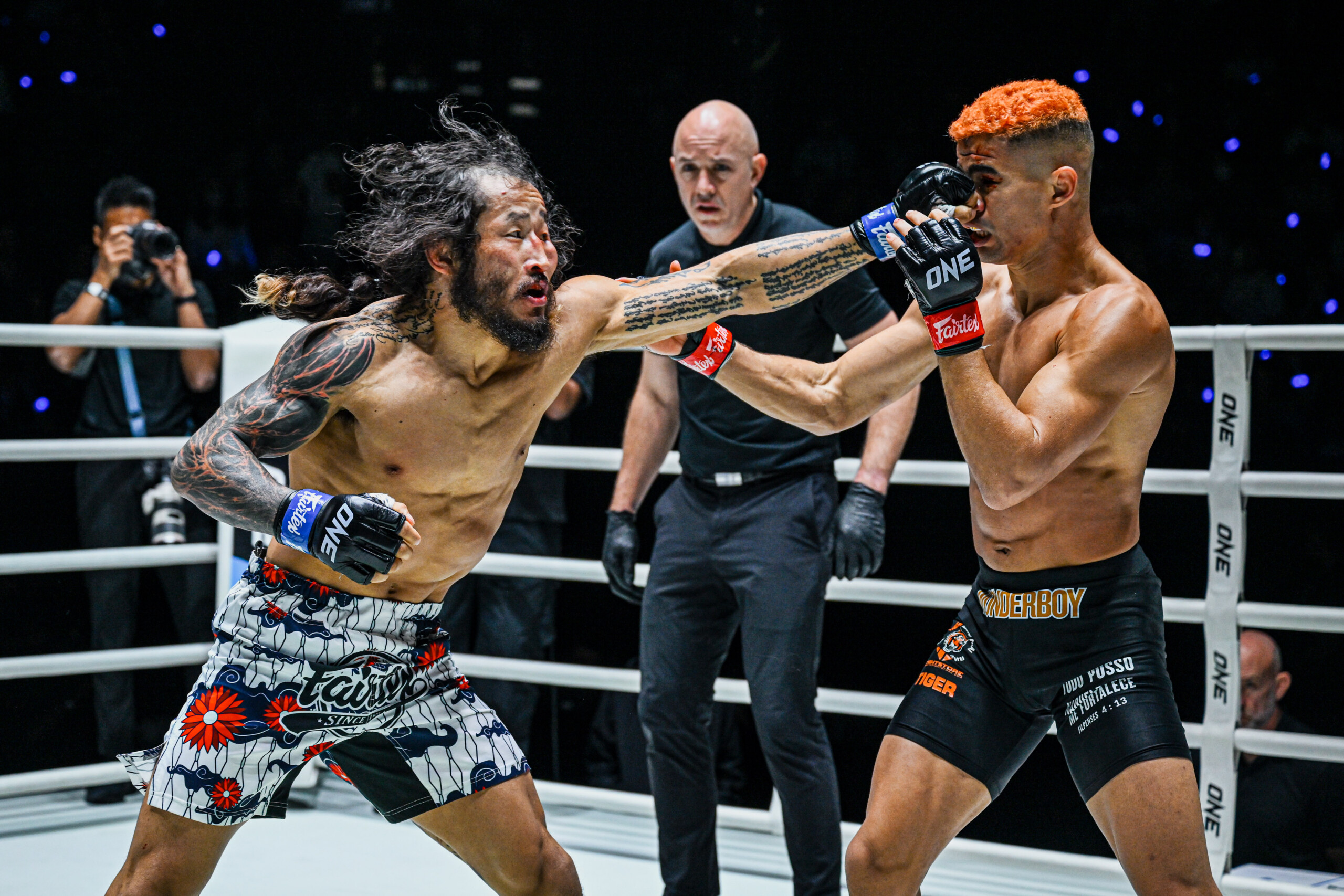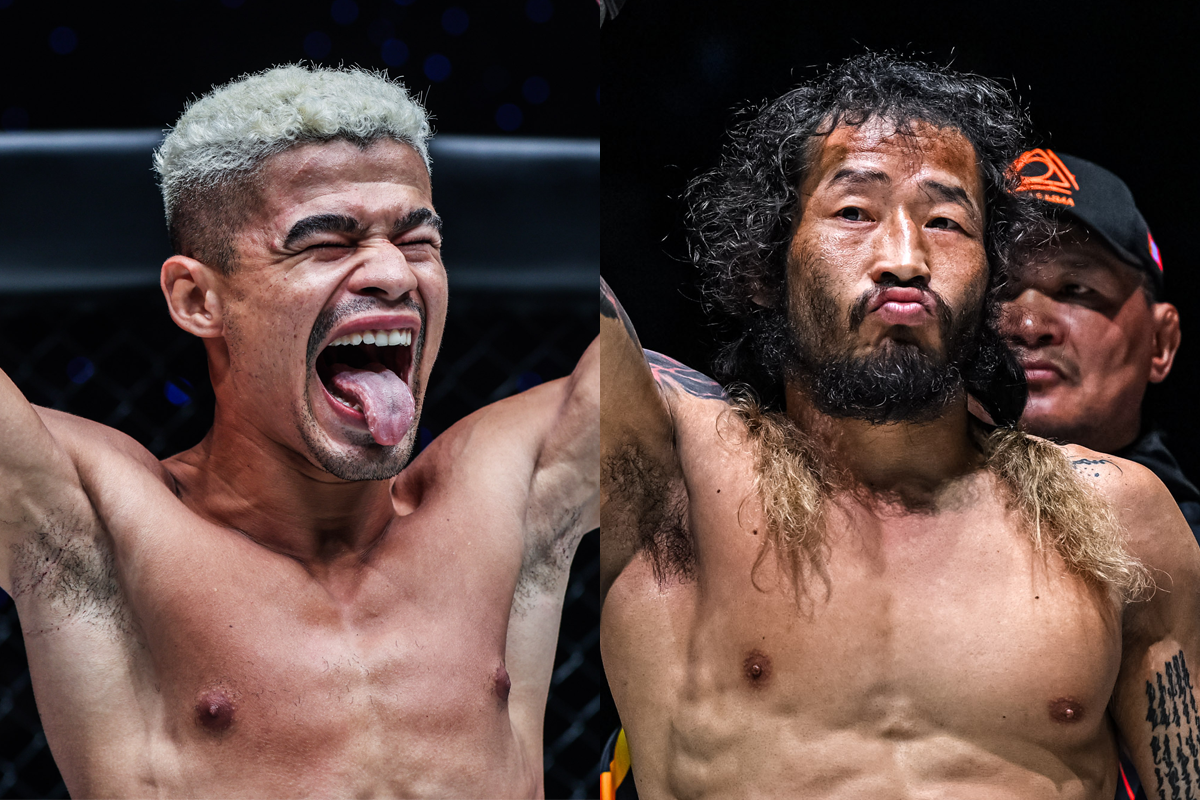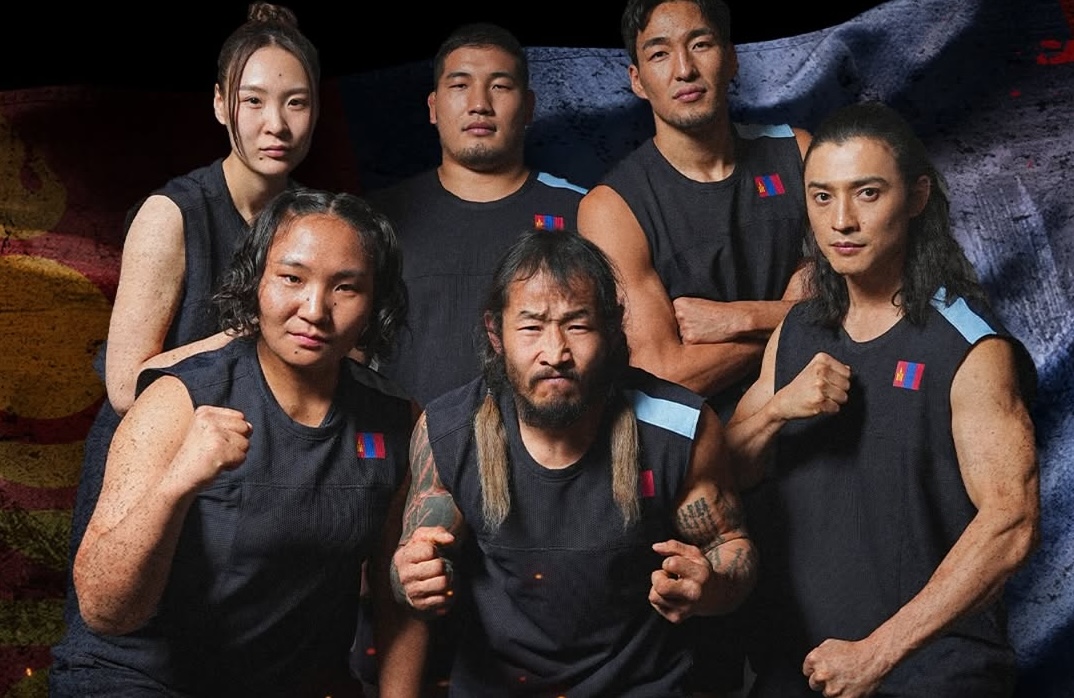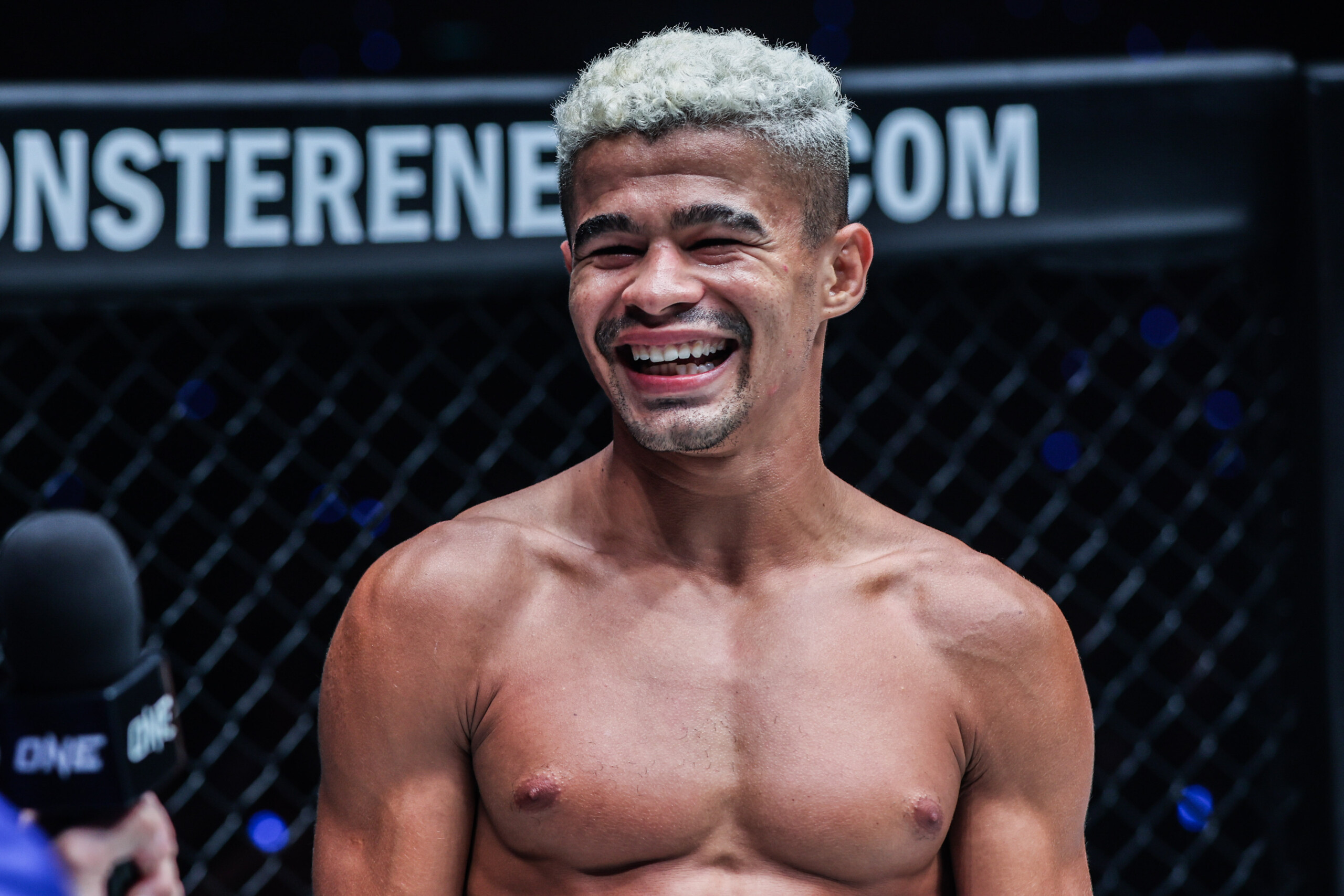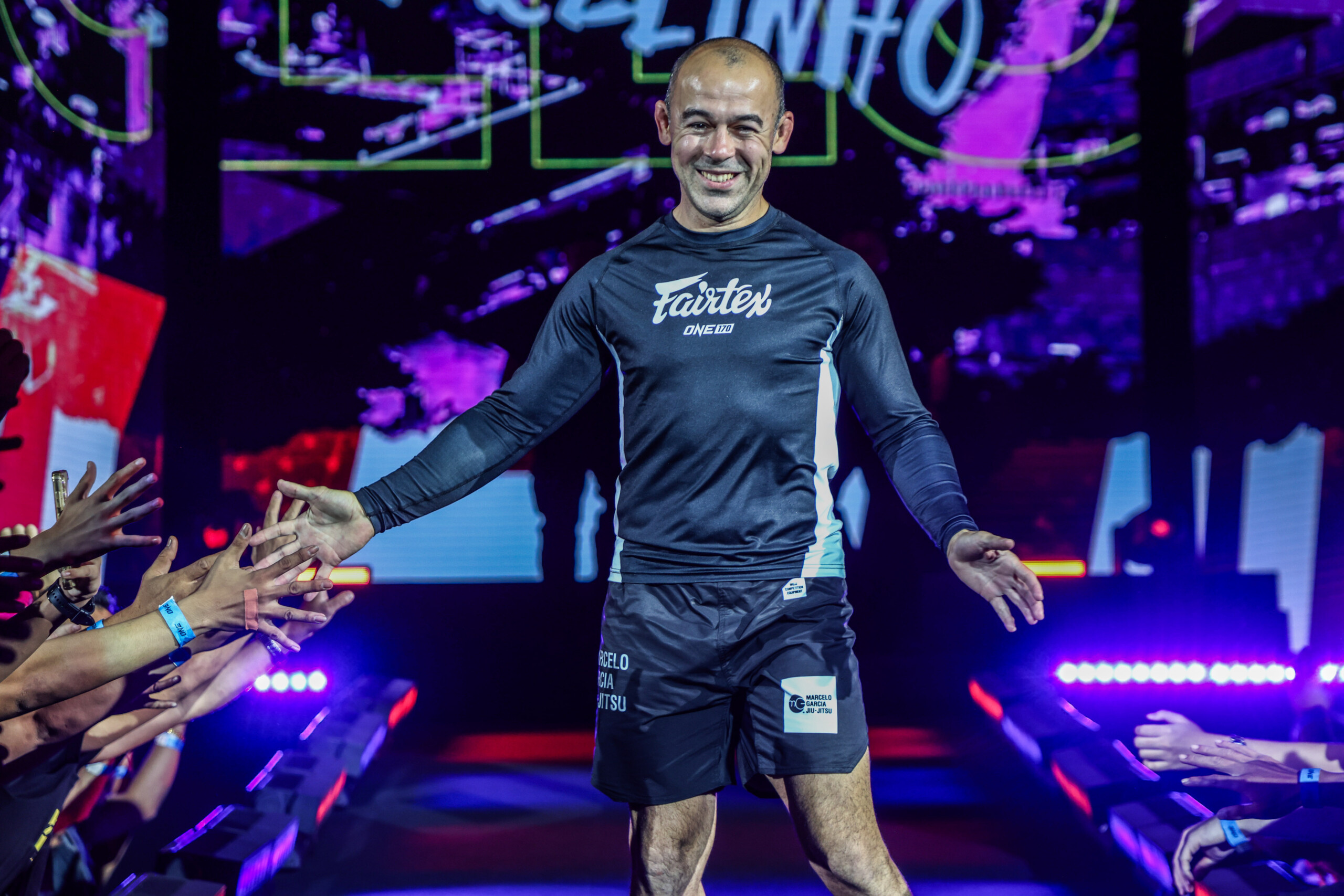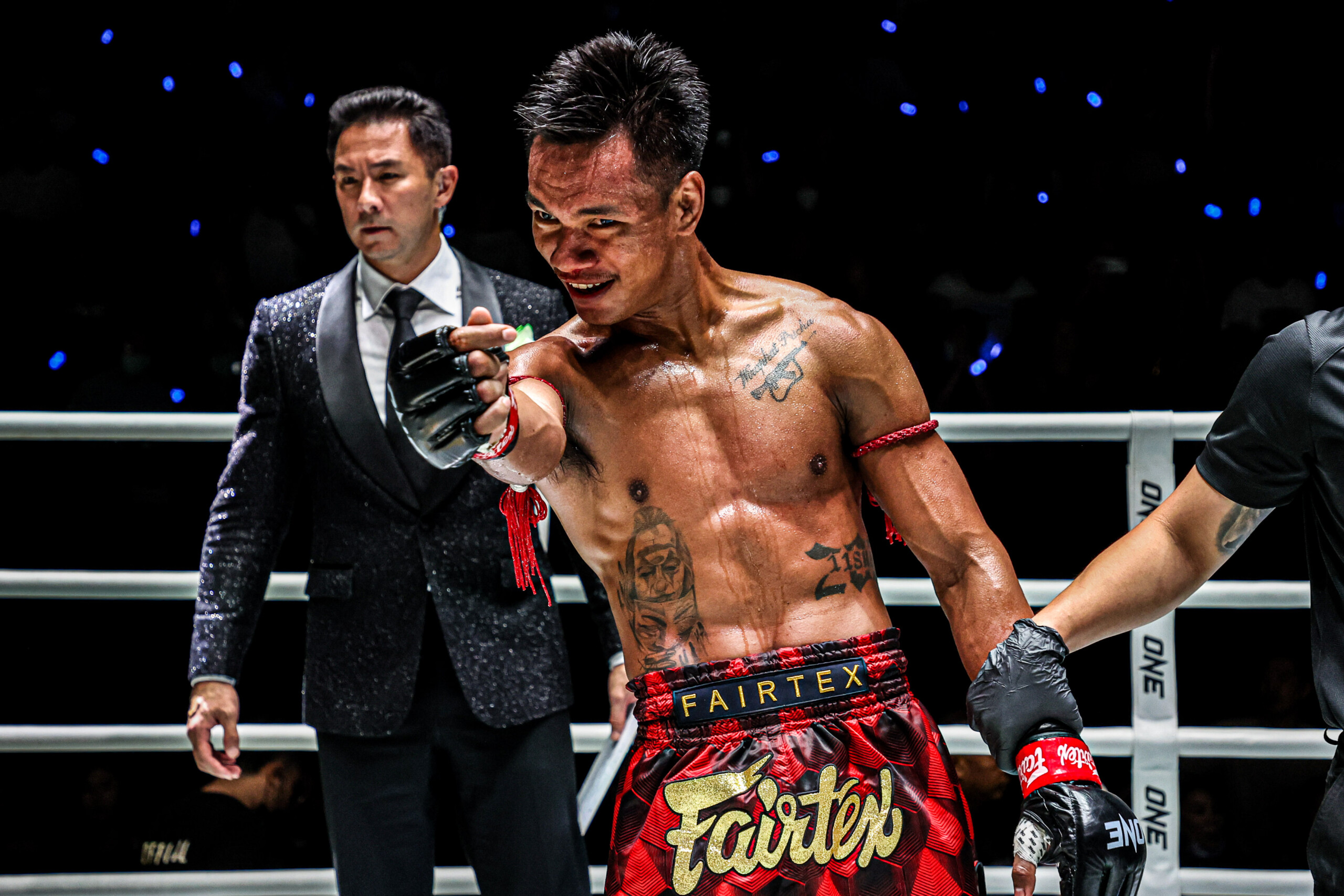How Amir Khan Conquered Tourette Syndrome

Confidence in his ability has made Amir Khan Ansari the most prolific KO artist in ONE.
Confidence in his ability has made Amir Khan Ansari the most prolific KO artist in ONE.Yangon | 23 February | TV: Check local listings for global broadcast | PPV: Official Livestream at oneppv.com | Tickets: http://bit.ly/onegold18
Posted by ONE Championship on Thursday, February 8, 2018
Amir Khan (9-2) is no ordinary martial artist.
Besides being Singapore’s foremost male athlete in ONE Championship, the 23-year-old also suffers from Tourette Syndrome, a neurological disorder which causes his muscles to tic and twitch involuntarily.
Though he has learned to control his tics now, life was very different for him when he was younger.
“Growing up, I used to have spasms. I used to shake my head a lot. I would blink my eyes and make facial expressions. When I was younger, it was really, really bad. When I was in school, the other kids would pick on me, and imitate me and stuff. It was tough growing up with it,” he recalls.

Luckily for Khan, he had the sudden impulse to pick up Muay Thai when he was 13 years of age. Before then, Khan was actually an avid golfer like his dad, and had his heart set on participating in golf tournaments.
However, once he started training in “the art of eight limbs,” he quickly fell in love with the martial art, and discovered that it helped him to focus, and eventually overcome his disorder.
“I believe martial arts has helped me through [my Tourette’s]. Whenever I felt like I could not control my Tourette’s, then I would go to the gym and I would sweat it out. I felt relaxed and better after each session,” Khan says.
“In martial arts, you cannot really take your eyes off your opponent when you are sparring with him. You have got to really really focus, or else you will get hurt, so it definitely taught me how to focus, and I was able to bring it over into real-life situations.”

Muay Thai began to flow through the Singaporean’s blood, and soon at the tender age of 14, he competed in his first amateur contest. After a few more bouts, he spent two months training in Thailand, which led him to consider turning professional.
Besides being a physical change for the former golfer, Khan’s social life took a huge turn, too. He was a shy child who got picked on due to his Tourette’s, but all that changed when his schoolmates found out about his Thai boxing pursuits.
“After I started picking up Muay Thai, people started to say, ‘This guy knows how to fight,’ and they just talked [to me] a lot more. They seemed more interested in me, I guess.”
His peers may have taken an interest in his newfound martial arts passion, but his mother was still skeptical. Like most mothers, Khan’s did not want her son to get hurt. In the years to follow, however, she altered her stance.

“My mom was alright with me just training, but when I wanted to compete, she was not too sure about it,” he explains.
“You know, moms can be very protective. My dad supported me since day one. When I told him I want to compete in Muay Thai tournaments, he said: ‘Okay, just tell me what I can do to help.’
“My mom, after a couple of years, I tried to convince her that this is what I really wanted to do, and then she supported me in the end.”
With the full support of his family, Khan soon traded the Muay Thai ring for the cage, and embarked on a remarkable martial arts career in ONE as part of the famed Evolve Fight Team.
Despite being in control of his Tourette’s now, the Singaporean still regularly gets the question whether it affects his performance during bouts. Simply put, it has come to a point where it does not even matter any more.

“Usually, inside the cage, I do not try to control the tics,” he says. “Sometimes, it comes up, but it does not affect me, because I learned to cope with it. Even if I were to move my head, my eyes are still on my opponent.”
That unbreakable concentration has been crucial to Khan’s flourishing career, and because of it he has reached several milestones. As it stands, the Evolve MMA product is riding a six-bout win streak, and owns prestigious records for the most finishes (8) and knockouts (7) in ONE history.
Now, the Singaporean’s eyes are fixated on obtaining a shot at the ONE Lightweight World Championship. He can take a step closer to achieving a title opportunity on Friday, 23 February, if he were to defeat Russia’s Timofey Nastyukhin at ONE: QUEST FOR GOLD in Yangon, Myanmar.
Martial arts may have initially helped Khan work through Tourette Syndrome, but if he continues to remain focused and dedicated to his craft, it could lead him to the world championship he covets so dearly.
